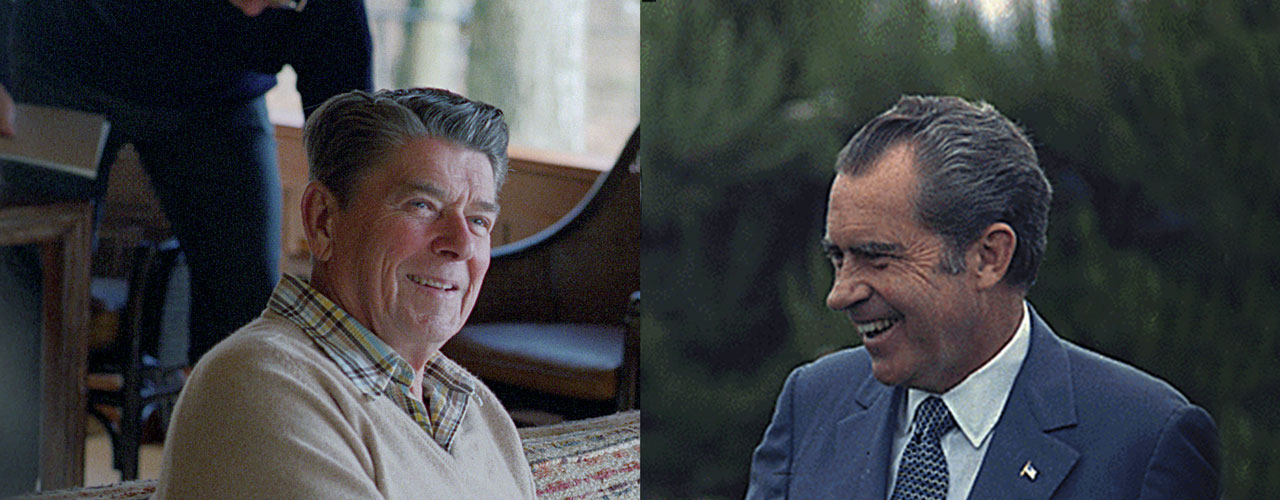A Donald Trump-voting cattle farmer in Missouri was blasted on social media for complaining about possibly losing his land after he “didn’t have time to research” the presidential candidates ahead of…

thenewsglobe.net
Trumper Who Could Lose Farm Says He Had No ‘Time To Research’ Before Voting he feels betrayed
America News
Author:
admin
February 11, 2025
1 min.read

A Donald Trump-voting cattle farmer in Missouri was blasted on social media for complaining about possibly losing his land after he “didn’t have time to research” the presidential candidates ahead of the election.In a viral TikTok video, Skylar Holden, a first-generation farmer who voted for Trump, explained how he was scrambling to save his land after the U.S. Department of Agriculture (USDA) froze funding for key conservation programs.Holden said he had signed a $240,000 contract with the USDA’s Natural Resources Conservation Service (NRCS) to improve water lines, fencing, and wells on his farm. However, the farmer, who was already $80,000 deep into the project, was recently informed by USDA officials that his contract was frozen. It’s unclear when or if the funds will be released.”I’ve already done a bunch of the work, already paid for the material and the labor, so I’m out all that cost,” he said. “We are possibly going to lose our farm if NRCS doesn’t hold up their contract with us.
Social media users blasted Holden over his complaints, saying the farmer “got exactly what he voted for.””If only there was some way to have known this was coming. Like maybe something written. A project plan if you will,” one social media user quipped in reference to Project 2025.
Holden admitted that he used a 25-question online quiz to determine his vote rather than researching the candidates because he “didn’t have time” amid his 17-hour workdays. He argued that neither party fully aligns with farmers’ interests.”You have to balance out what interests you support, what interests you don’t,” Holden said. “You make that vote and then you fight against the things that you feel passionate about, that you think your candidate is doing wrong.”Amid the backlash, Holden thanked those who were engaging with him respectfully and said he’s having “constructive conversations now.””I really appreciate the people in my messages that are having constructive conversations with me,” he said. “A lot of people have opened my eyes to other issues that I don’t pay attention to…because it doesn’t affect me. Now, that’s wrong…I haven’t been paying attention…and I’m having those constructive conversations now.






 thenewsglobe.net
thenewsglobe.net




